Notes
-Fun to fly
-Good cockpit view
-Can take off from the Tiny
Controls
-Standard flight controls
-Action groups 1&2: Fire Infernos
-Action groups 3&4: Jettison rocket pods
-Action group 5: Jettison external fuel tank
-Action group 8+VTOL up: Lower arresting hook
Designed in late 1958, the Renault R-28 Exp. (Experimental) "Hercule (Hercules)" was meant to operate as a carrier-launched interceptor and ground attacker. Internally, it was armed with four 20mm cannons, which were mounted in the nose. Externally, it had a total of 9 hard points for attaching various weapons. The standard loadout for the R-28 would have consisted of four ATG guided missiles, four rocket pods, and a single external fuel tank. Two prototypes of the R-28, nicknamed "Athena" and "Ares", were built and tested from land-based airfields and mock carrier decks. The ship that the R-28 would have been primarily stationed on was the then-under-construction FS-88 Gerrault Class carrier (the carrier project was eventually scrapped in favor of building smaller, cheaper vessels). In early 1963, the R-28 program was cancelled, and the "Athena" was scrapped. However, the "Ares" was kept as a testbed for newer technologies. On August 18, 1970, eight years later, the Ares took off from, and later landed on, the deck of a carrier for the first and only time in the R-28's history. The Ares was later bought and sent to the Aerostyle Military Archive in Illinois, where it has been on display ever since.
Specifications
General Characteristics
- Created On iOS
- Wingspan 45.9ft (14.0m)
- Length 39.4ft (12.0m)
- Height 17.3ft (5.3m)
- Empty Weight 17,810lbs (8,078kg)
- Loaded Weight 26,423lbs (11,985kg)
Performance
- Power/Weight Ratio 2.551
- Wing Loading 63.9lbs/ft2 (311.8kg/m2)
- Wing Area 413.7ft2 (38.4m2)
- Drag Points 7756
Parts
- Number of Parts 178
- Control Surfaces 6
- Performance Cost 781

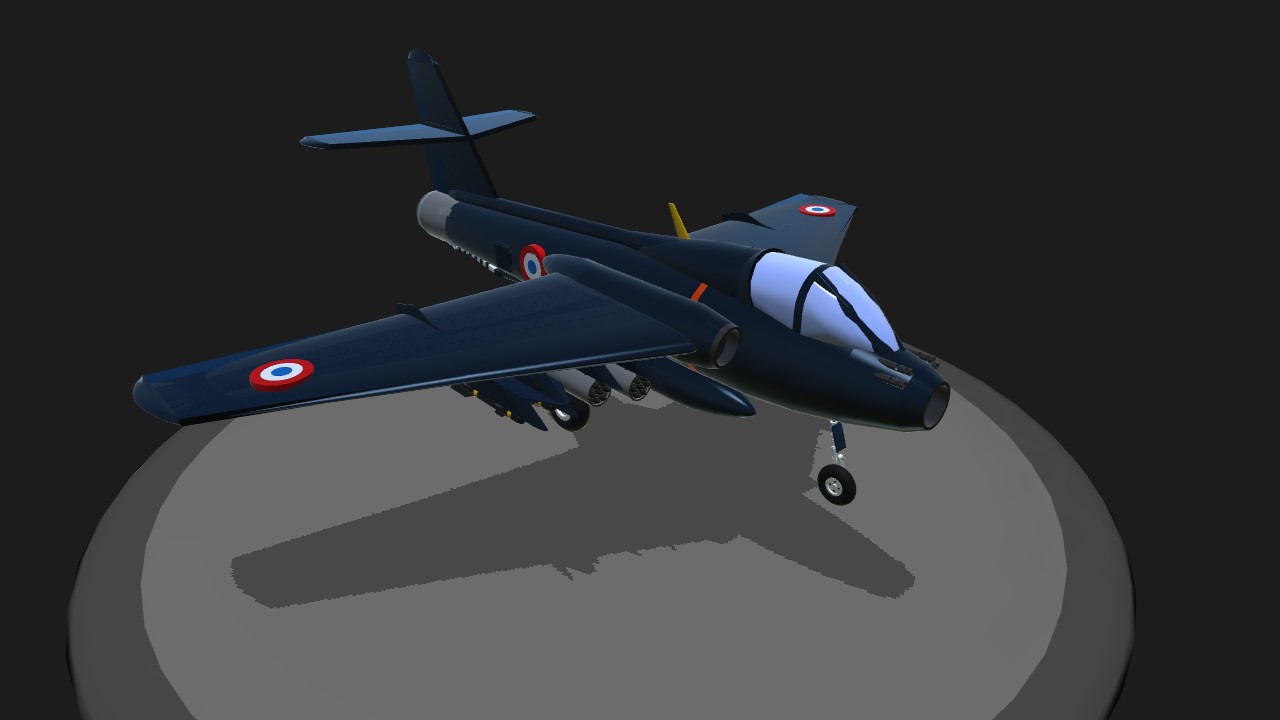
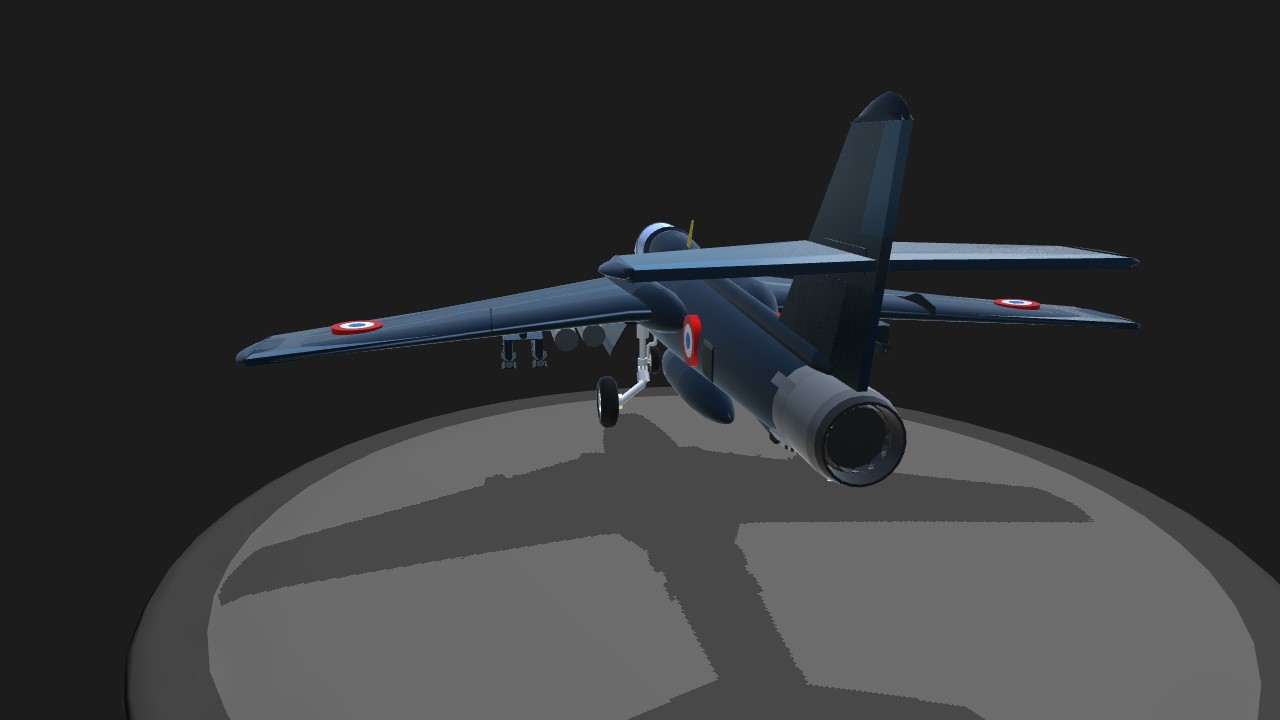
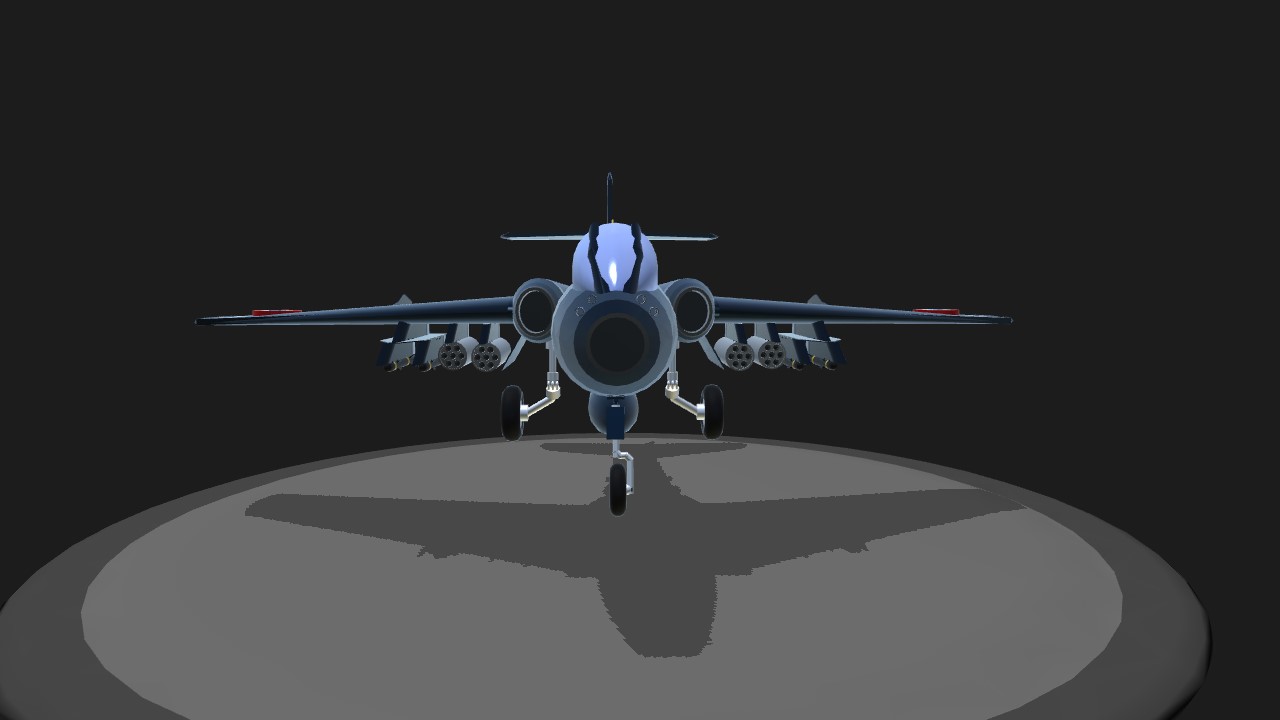
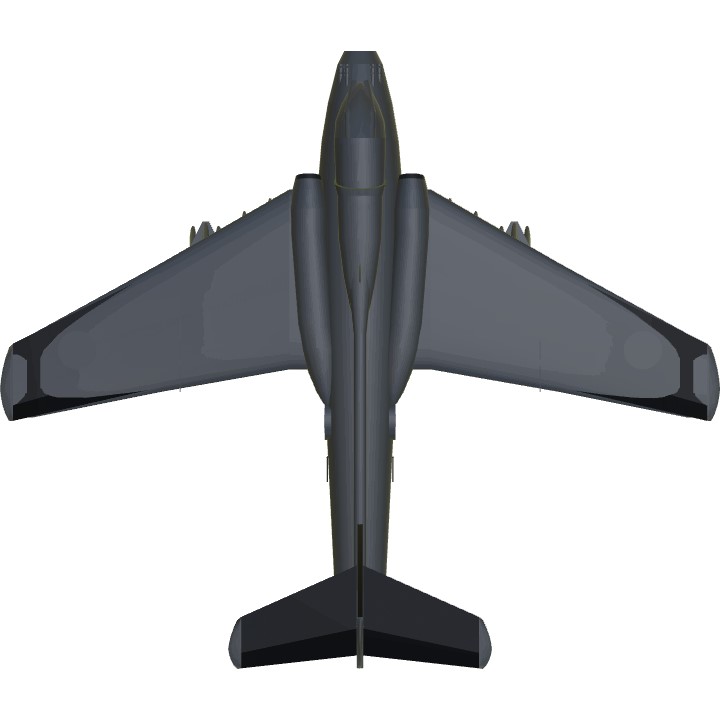
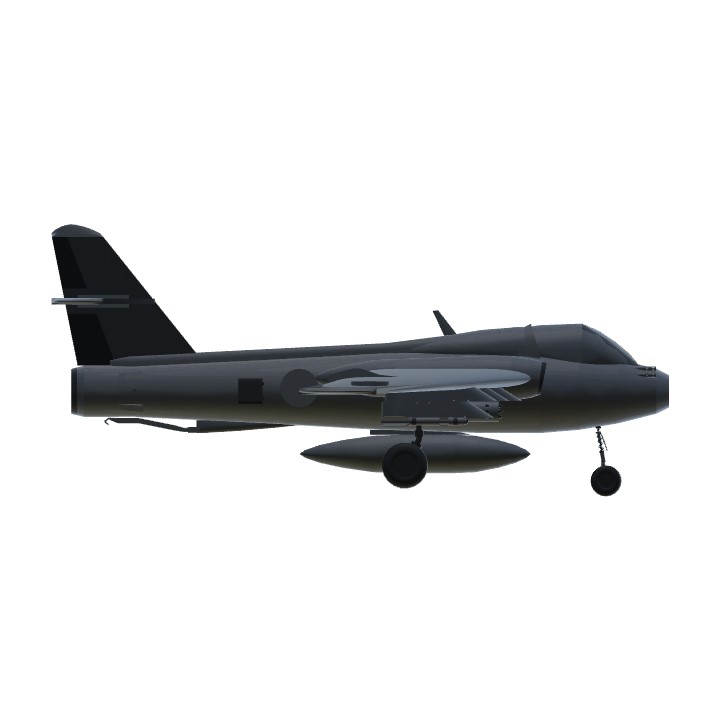
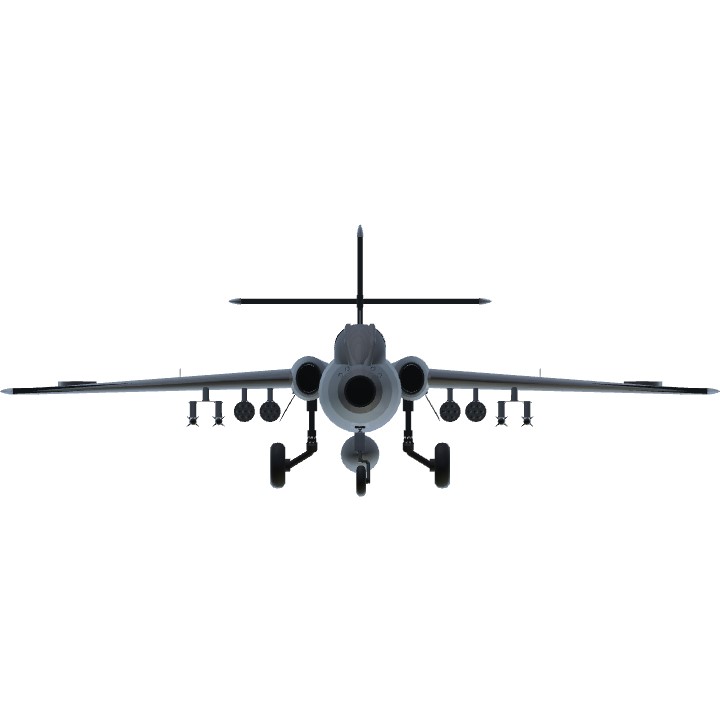
Nice Build man!
Wow great obscure aircraft and well built too!